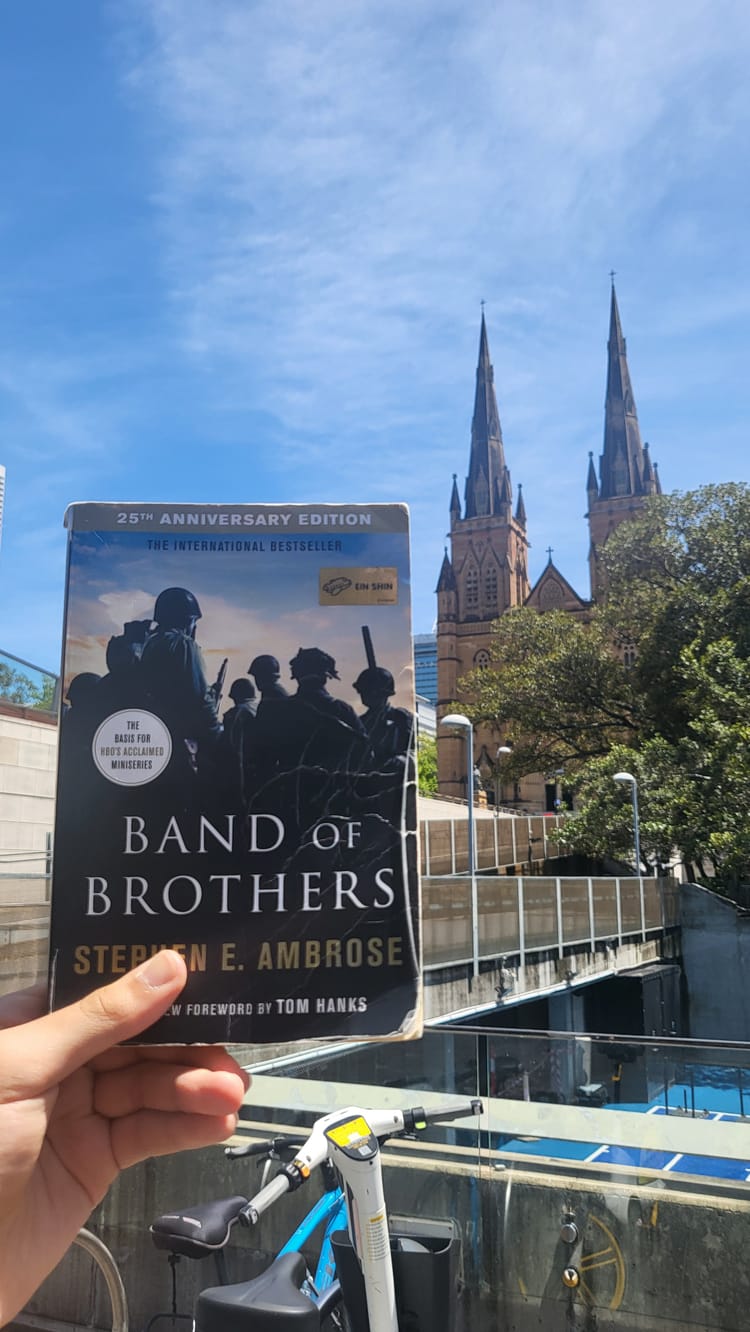Broken Dreams, Silence on the Western Front

Achtung (Danger)! This contains major spoilers for the movie All Quiet on the Western Front.
Movie Review: All Quiet on the Western Front, A film following a young soldier-boy surviving in the trenches.
Among fogged dirt, bloated horses, and barbed wire, dented Stahlems line the horizon. The silence ensued, broken only by heartbeats reverberating throughout the trenches. Emerging from the trenches are a set of pale blue eyes. Paul Baulmer ducks his eyes over his watch. Seconds remained until the charge on the French front. Tweeeeeet! The cries of soldiers mingle with the yellow tracers whistling past, writhing bodies kicking mists of blood into the air. A few days ago, he was a simple youth who had just started to love the world. Today, he was leading his own life into the misty fog of shrapnel.

Whenever the concept of war comes into perspective, the glorified image of patriotism often dominates one’s mind. Erich Maria Remarques, a WWI German veteran, and his masterpiece All Quiet on the Western Front depicts this. When ordinary schoolboy Paul Baumer is exposed to endless promises of great glory in serving his country, he and his friends chase after their recruitment papers. However, his country’s own patriotism proves fatal to almost all the protagonists in the story, some long before they realise their own nation had betrayed them: to many veterans, nationalism was an illusion.
As the later stages of the story unfolds, German soldiers do not see the soldiers directly on the other side of the marshes as their true enemy. Rather, they see the political figures who had never as much thrown a fist in their life behind the blood-soaked western front. Paul Baumer had not killed for his fascist Kaiser, let alone his country: merely, he had done it to survive and return to his family whole. However, that would require him surviving the endless waves of enemy troops before him.


While war stories commonly regard the heroics of an individual and their story of leading their comrades to victory, All Quiet on the Western Front’s eyes are set upon the conditions both sides were forced to fight in. Even holding a grip on the muddy walls of the trenches was hard, let alone carrying a rifle stuffed with mud in one hand while maintaining low visibility from the French forces. Soldiers resorted to any means of weapons to kill, from shards of glass to makeshift wooden swords. When the air was clogged with light greenish air, soldiers’ muddy hands prevented gas mask rubbers from sealing the face from chemicals. Soldiers were forced to snugly accommodate trench and shell attacks, all while having to live with the effects of war stained in their minds.
Throughout All Quiet on the Western Front, all featured characters suffer from the effects of war on human minds. The constant shelling of their own, unguarded lines is a reminder how close Death lingers. One of Baumer’s own friends is killed during bombardment. Therefore, thousand-yard-stares are a common sight throughout the film, their minds never adjusted to the daily sight of their comrades killed and toppled unceremoniously. When the luxury of rest is available to the German soldiers, deceased soldiers are shoved in coffins partly powdered white, restricting any mourning time for their fallen comrades. The only way to prepare their conscience for battle is the suppression of feelings and emotions, although even that never completely stops the mental scars of battle. Baumer forgets his own happiness and feelings before recruitment, seeing only a future of rubble, lead, and shrapnel.
As the German general commands a final, last-ditch attempt to take back Marne (a French river) 40 minutes before the armistice of 1918, the commander once again blew his whistle, as the army charged towards enemy lines once again. His mind echoes with his own country’s orders for the first time. Hundreds of lives were laid down for mere metres of land, and for what purpose? What point was there to war? As the final seconds before the armistice ticked, a French bayonet emerged from the darkness, piercing Baumer’s heart. He had so much to say, and he shall never say it. He had fallen on a day that was so quiet and still on the whole front: it remained all quiet on the Western Front.





Member discussion